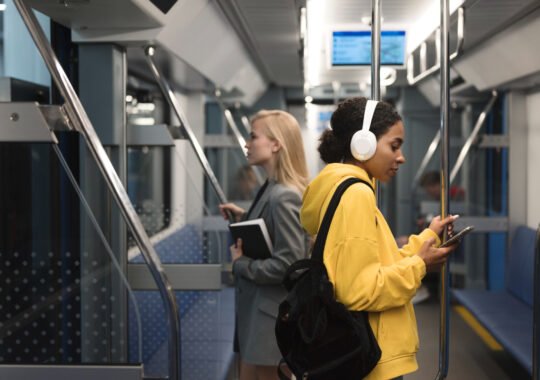CCTV (closed-circuit television) systems tend to provoke a rather mixed public reaction. Whilst some people feel that cameras in public places are somewhat intrusive, others feel they contribute to a feeling of security, and places feel generally safer. In particular, those travelling alone on public transport rather welcome the sense of security offered by CCTV cameras. On the whole, the advantages of CCTV security systems considerably outweigh the perceived disadvantages.
First, CCTV security systems, simply by being installed, can be sufficient to put off intruders, stopping them dead in their tracks. There is no stronger deterrent than the thought of being ‘caught in the act’ in full colour, on film.
Moreover, there is evidence that CCTV reduces crime. One recent study found that CCTV security systems in car parks reduced crime by some 51 per cent, and on public transport CCTV led to a 23 per cent decrease.
CCTV also helps considerably with insurance premiums and claims, especially in the public and private premises sector.
What is more, CCTV security systems are becoming increasingly sophisticated, making the lives of potential criminals even more uncomfortable. Video surveillance is becoming increasingly sharp and accurate as the technology is developed, partly due to higher real-time video resolution, and partly to increased computer storage space for larger video files.
Finally, video surveillance is now becoming ‘intelligent’, detecting suspicious movements according to predefined algorithms, and triggering alarms in real time, without the video having to be played back and reviewed.




